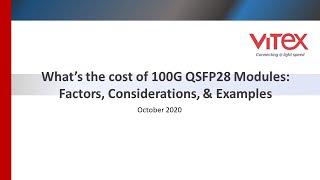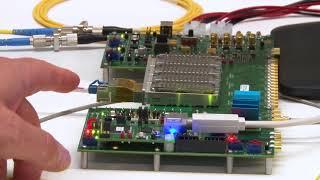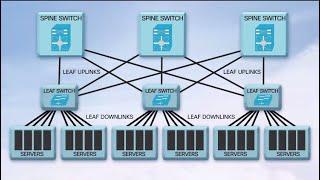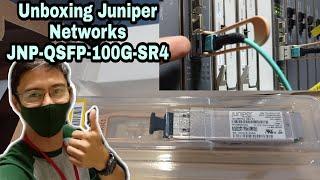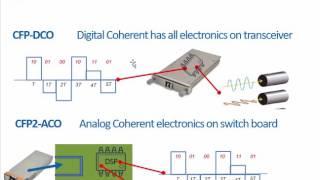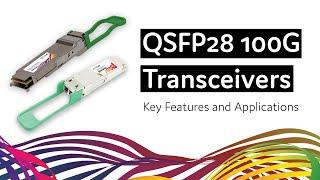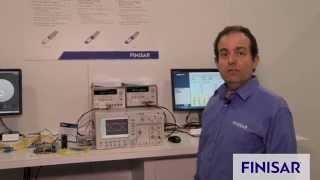SESSION 5B-4 Detecting Kernel Memory Leaks in Specialized Modules with Ownership Reasoning
The kernel space is shared by hardware and all processes, so its memory usage is more limited, and memory is harder to reclaim, compared to user-space memory; as a result, memory leaks in the kernel can easily lead to high-impact denial of service. The problem is particularly critical in long-running servers. Kernel code makes heavy use of dynamic (heap) allocation, and many code modules within the kernel provide their own abstractions for customized memory management. On the other hand, the kernel code involves highly complicated data flow, so it is hard to determine where an object is supposed to be released. Given the complex and critical nature of OS kernels, as well as the heavy specialization, existing methods largely fail at effectively and thoroughly detecting kernel memory leaks.
In this paper, we present K-MELD, a static detection system for kernel memory leaks. K-MELD features multiple new techniques that can automatically identify specialized allocation/deallocation functions and determine the expected memory-release locations. Specifically, we first develop a usage- and structure-aware approach to effectively identify specialized allocation functions, and employ a new rule-mining approach to identify the corresponding deallocation functions. We then develop a new ownership reasoning mechanism that employs enhanced escape analysis and consumer-function analysis to infer expected release locations. By applying K-MELD to the Linux kernel, we confirm its effectiveness: it finds 218 new bugs, with 41 CVEs assigned. Out of those 218 bugs, 115 are in specialized modules.
PAPER
https://www.ndss-symposium.org/wp-content/uploads/ndss2021_5B-4_24416_paper.pdf
SLIDES
AUTHORS
Navid Emamdoost (University of Minnesota), Qiushi Wu (University of Minnesota), Kangjie Lu (University of Minnesota), Stephen McCamant (University of Minnesota)
Network and Distributed System Security (NDSS) Symposium 2021, 21 – 25 February 2021
https://www.ndss-symposium.org/ndss-program/ndss-2021/
ABOUT NDSS
The Network and Distributed System Security Symposium (NDSS) fosters information exchange among researchers and practitioners of network and distributed system security. The target audience includes those interested in practical aspects of network and distributed system security, with a focus on actual system design and implementation. A major goal is to encourage and enable the Internet community to apply, deploy, and advance the state of available security technologies.
https://www.ndss-symposium.org/
#NDSS #NDSS21 #NDSS2021 #InternetSecurity
The kernel space is shared by hardware and all processes, so its memory usage is more limited, and memory is harder to reclaim, compared to user-space memory; as a result, memory leaks in the kernel can easily lead to high-impact denial of service. The problem is particularly critical in long-running servers. Kernel code makes heavy use of dynamic (heap) allocation, and many code modules within the kernel provide their own abstractions for customized memory management. On the other hand, the kernel code involves highly complicated data flow, so it is hard to determine where an object is supposed to be released. Given the complex and critical nature of OS kernels, as well as the heavy specialization, existing methods largely fail at effectively and thoroughly detecting kernel memory leaks.
In this paper, we present K-MELD, a static detection system for kernel memory leaks. K-MELD features multiple new techniques that can automatically identify specialized allocation/deallocation functions and determine the expected memory-release locations. Specifically, we first develop a usage- and structure-aware approach to effectively identify specialized allocation functions, and employ a new rule-mining approach to identify the corresponding deallocation functions. We then develop a new ownership reasoning mechanism that employs enhanced escape analysis and consumer-function analysis to infer expected release locations. By applying K-MELD to the Linux kernel, we confirm its effectiveness: it finds 218 new bugs, with 41 CVEs assigned. Out of those 218 bugs, 115 are in specialized modules.
PAPER
https://www.ndss-symposium.org/wp-content/uploads/ndss2021_5B-4_24416_paper.pdf
SLIDES
AUTHORS
Navid Emamdoost (University of Minnesota), Qiushi Wu (University of Minnesota), Kangjie Lu (University of Minnesota), Stephen McCamant (University of Minnesota)
Network and Distributed System Security (NDSS) Symposium 2021, 21 – 25 February 2021
https://www.ndss-symposium.org/ndss-program/ndss-2021/
ABOUT NDSS
The Network and Distributed System Security Symposium (NDSS) fosters information exchange among researchers and practitioners of network and distributed system security. The target audience includes those interested in practical aspects of network and distributed system security, with a focus on actual system design and implementation. A major goal is to encourage and enable the Internet community to apply, deploy, and advance the state of available security technologies.
https://www.ndss-symposium.org/
#NDSS #NDSS21 #NDSS2021 #InternetSecurity
- Category
- Network Cards
Be the first to comment





